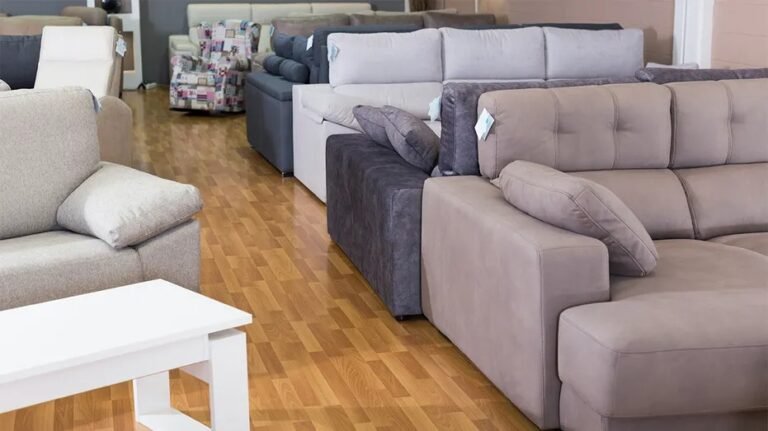President Donald Trump has announced that the United States will impose tariffs on imported furniture following a new investigation into the industry. Writing on Truth Social, Trump said, “Furniture coming from other Countries into the United States will be Tariffed at a Rate yet to be determined.” He added that the effort would help “bring the Furniture Business back to North Carolina, South Carolina, Michigan, and States all across the Union.”
The president did not specify which government agency would conduct the probe but confirmed it would be completed within 50 days. The announcement is the latest in a series of escalating trade moves targeting foreign imports.
On Friday, White House trade adviser Peter Navarro reinforced the administration’s tough stance, singling out India for its continued purchases of Russian oil. Navarro said he expects punitive tariffs on Indian imports to double to 50 percent by Aug. 27. “India doesn’t appear to want to recognize its role in the bloodshed,” Navarro told reporters outside the White House. “It’s cozying up to Xi Jinping, is what it’s doing.”
The comments prompted a response from Beijing, with China’s ambassador to India, Xu Feihong, declaring that his country stands with India in opposing US tariff measures. “The United States has imposed tariffs of up to 50% on India, and it has even threatened for more. China firmly opposes this,” Xu said, highlighting growing cooperation between the two Asian powers.
Meanwhile, Canada confirmed that it will roll back its retaliatory tariffs in line with US exemptions under the US-Mexico-Canada Agreement. Ottawa’s decision follows the written framework signed Thursday between Washington and Brussels, formalizing trade terms agreed upon in late July. Under the deal, the US will impose a 15 percent tariff on most European Union imports, including automobiles, pharmaceutical products, semiconductors, and lumber. Wine and spirits will remain exempt. In return, the EU has pledged to remove tariffs on US industrial goods and provide broader access to American seafood and agricultural exports.
The recent moves come just weeks after Trump unveiled a sweeping set of “reciprocal” tariffs targeting dozens of US trading partners. Analysts say the next round of negotiations to watch will involve Canada, Mexico, and China, with talks expected to intensify through the fall.
With a new focus on furniture imports, the administration has extended its trade battles from industrial and agricultural goods to consumer products. Trump’s allies argue the tariffs are designed to protect American jobs and revive local manufacturing, while critics warn of higher prices for US households already struggling with inflation.







